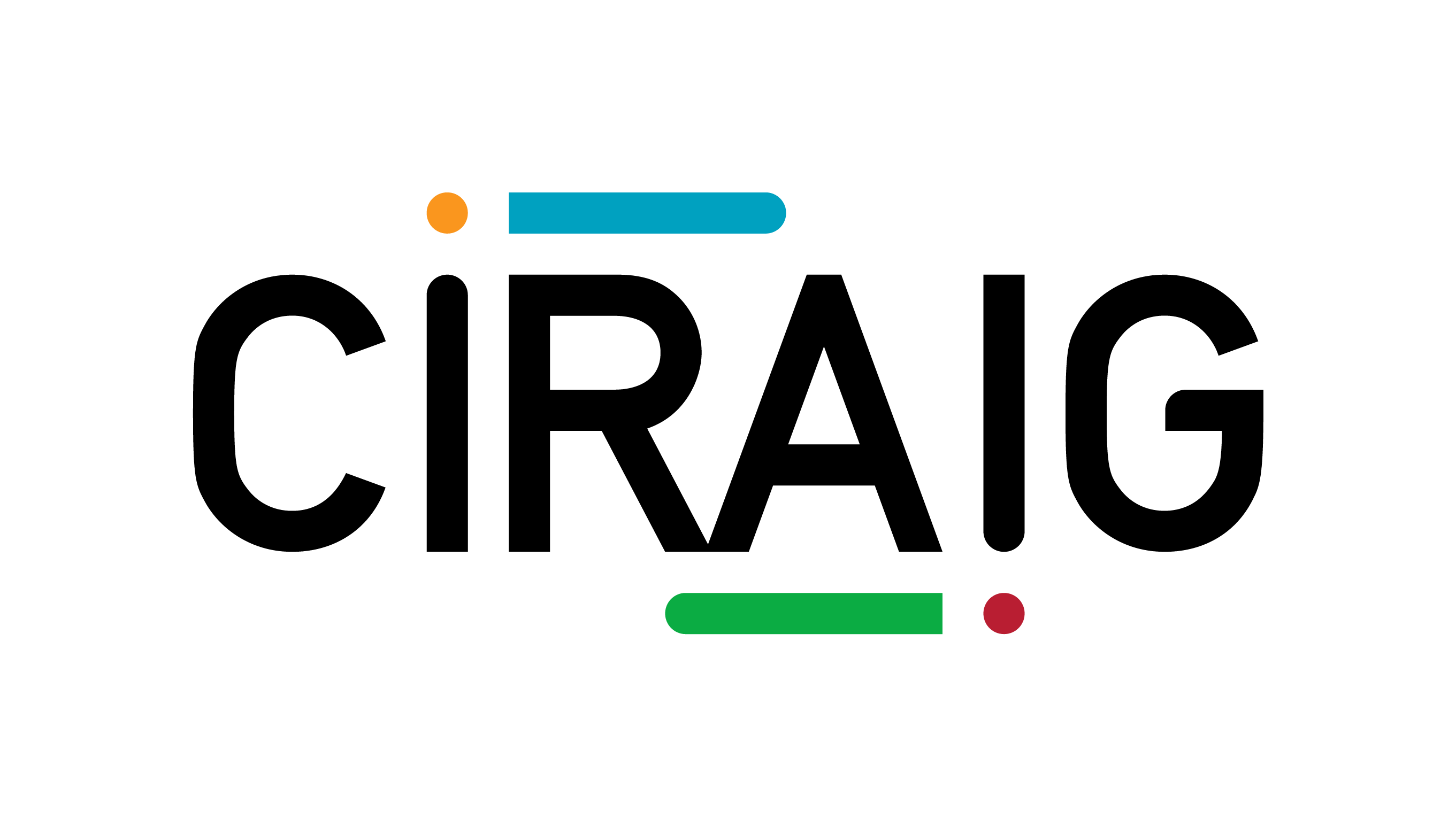Project
Pilot project on the adoption of traceability mechanisms for battery minerals
The objective of the pilot project, using the infrastructure of New World Graphite (NMG), is to demonstrate the feasibility and applicability of a traceability system for the extraction and processing of graphite.

In November 2020, the Minister of Energy and Natural Resources and Minister responsible for the North Shore region, Mr. Jonatan Julien, announced that the Government of Quebec was granting financial assistance of $151,600 to the electric and intelligent vehicle industry cluster, Propulsion Québec, for the implementation of a pilot project on the adoption of traceability mechanisms for battery minerals.
This investment includes $131,600 from the Ministère de l’Énergie et des Ressources naturelles (MERN) and $20,000 from Investissement Québec (IQ). The Government of Canada, through Natural Resources Canada (NRCan), also contributed $25,000 to the project, in line with Canada’s strategic priorities to improve sustainable and responsible procurement decisions along the supply chains of minerals critical to the energy transition.
The realization of this project is in line with the orientations of the Plan québécois pour la valorisation des minéraux critiques et stratégiques 2020-2025 (PQVMCS), which was unveiled in late October 2020. One of the objectives of this governmental plan is to promote critical and strategic minerals (CSM), including the realization of a pilot project on the implementation of a traceability system for the CSMs needed to manufacture batteries.
The objective of the pilot project, using the infrastructure of New World Graphite (NMG), is to demonstrate the feasibility and applicability of a traceability system for the extraction and processing of graphite. Ultimately, such a system, if adopted more broadly, will allow all mining companies exploiting SCMs – including, for example, those involved in the manufacture of batteries – and the producers of their components to demonstrate that their production is respectful of the main environmental, social and governance (ESG) criteria applicable. This approach, in addition to meeting an objective of the QMVCP, will also harmonize with the Quebec Strategy for the Development of the Lithium-Ion Battery Sector.
In addition, this pilot project is a first step in the implementation of a global initiative led by the Global Battery Alliance (GBA), which aims to deploy a traceability mechanism throughout the industry, from the mine to the manufacturing of a battery and its integration into vehicles, in a context where major automobile manufacturers and their consumers increasingly want to know the origin of the products they buy, as well as their environmental and social footprint.
The adoption of traceability mechanisms will demonstrate the industry’s compliance with the highest standards and the rigor of Quebec’s industry practices. The work covered by this project will help position Quebec as a leader in the responsible production of battery materials and components.
In collaboration with
We use cookies on our website to give you the most relevant experience by remembering your preferences and repeat visits. By clicking “Accept”, you consent to the use of ALL the cookies.
Manage consent
Privacy Overview
This website uses cookies to improve your experience while you navigate through the website. Out of these, the cookies that are categorized as necessary are stored on your browser as they are essential for the working of basic functionalities of the website. We also use third-party cookies that help us analyze and understand how you use this website. These cookies will be stored in your browser only with your consent. You also have the option to opt-out of these cookies. But opting out of some of these cookies may affect your browsing experience.
Necessary cookies are absolutely essential for the website to function properly. This category only includes cookies that ensures basic functionalities and security features of the website. These cookies do not store any personal information.
Any cookies that may not be particularly necessary for the website to function and is used specifically to collect user personal data via analytics, ads, other embedded contents are termed as non-necessary cookies. It is mandatory to procure user consent prior to running these cookies on your website.
Your subscription could not be saved. Please try again.
Your subscription has been successful.






